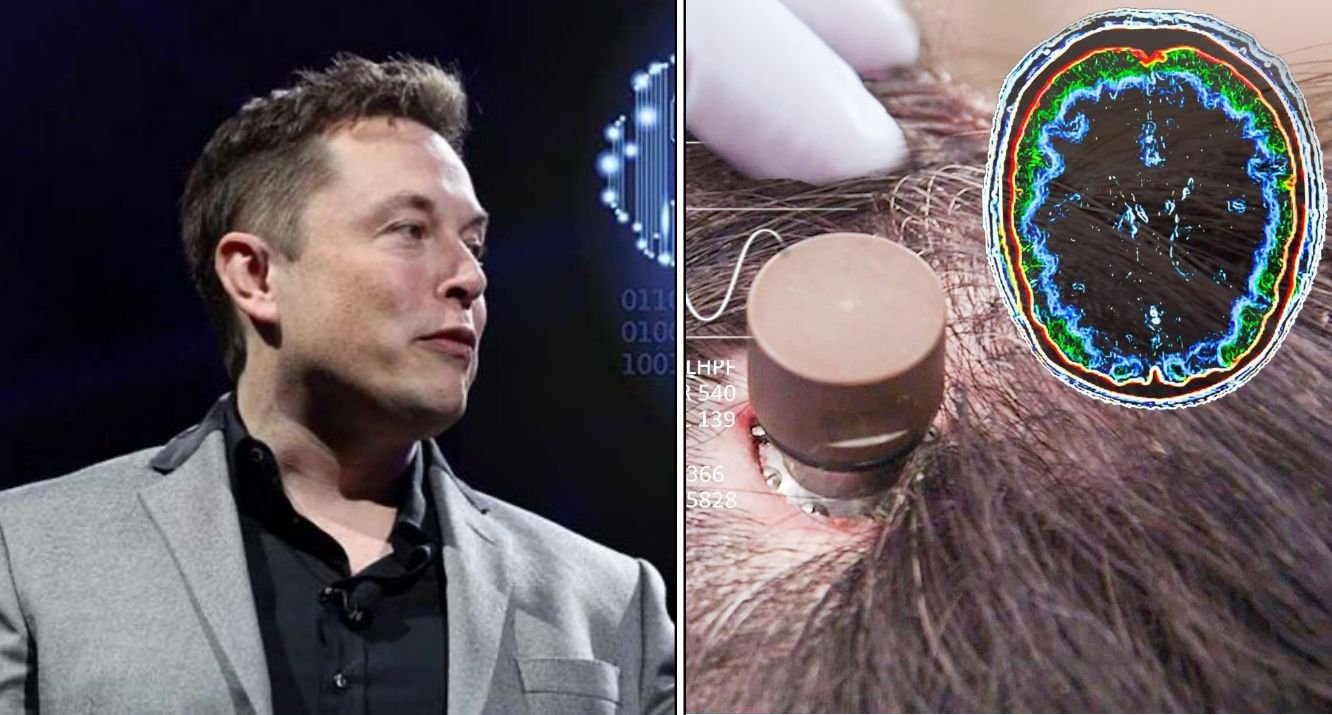Billionaire Neuralink CEO Elon Musk’s request to put brain chips into human trials was rejected by the Biden administration last year, according to a report.
Musk’s company, which has been conducting experiments on monkeys for years, claims that implanting chips in human brains will lead to progress in curing conditions such as blindness and paralysis.
But the Food and Drug Administration flagged safety concerns in rejecting Neuralink’s application to implant chips in the human brain, according to Reuters.
Explaining the decision to Neuralink, the staff said the agency outlined dozens of issues the company must address before human testing, a key milestone on the path to final product approval, is underway.
The agency’s major safety concerns include the device’s lithium battery, the potential for the implant’s tiny wires to move to other areas of the brain, and questions about whether the device can be removed without damaging brain tissue, both current and former. Neuralink employees told Reuters.
Neuralink is reportedly busy addressing the FDA’s concerns, although current employees told Reuters they doubted the company could resolve the matters within a short period of time.
In November, Musk told his staff that he hoped Neuralink would be able to receive FDA approval for human trials sometime in the spring.
Musk boasted that the device was so safe that he would have no hesitation in injecting it into his children.
“We are now confident that the Neuralink device is ready for humans, so the timing is a function of working through the FDA approval process,” Musk tweeted in November.
According to Reuters, Neuralink has not disclosed the extent of its trial application, the FDA’s rejection, or the agency’s concerns.
As a private company, it is not required to disclose such regulatory interactions to investors.
During a November presentation that lasted hours, Musk said the company had submitted “most of our paperwork” to the agency without specifying any formal applications, and Neuralink executives acknowledged the FDA had asked safety questions, which he described as ongoing negotiations.
Musk and other Neuralink officials did not respond to requests for comment on the company’s device or its dealings with the FDA. The agency declined to comment on Neuralink, citing laws that keep business information private. The Post has sought comment from Neuralink and the FDA.
Information Source: NYPOST
Also Read:
- Elon Musk Reveals Terrible Details About Tesla Bot!
- Elon Musk No Longer World’s Richest Man After Losing $1.9 Billion In A Day
- Why Elon Musk’s SpaceX Sent a Tesla Roadster to Space
- Elon Musk said: “AI Stresses Me Out”
